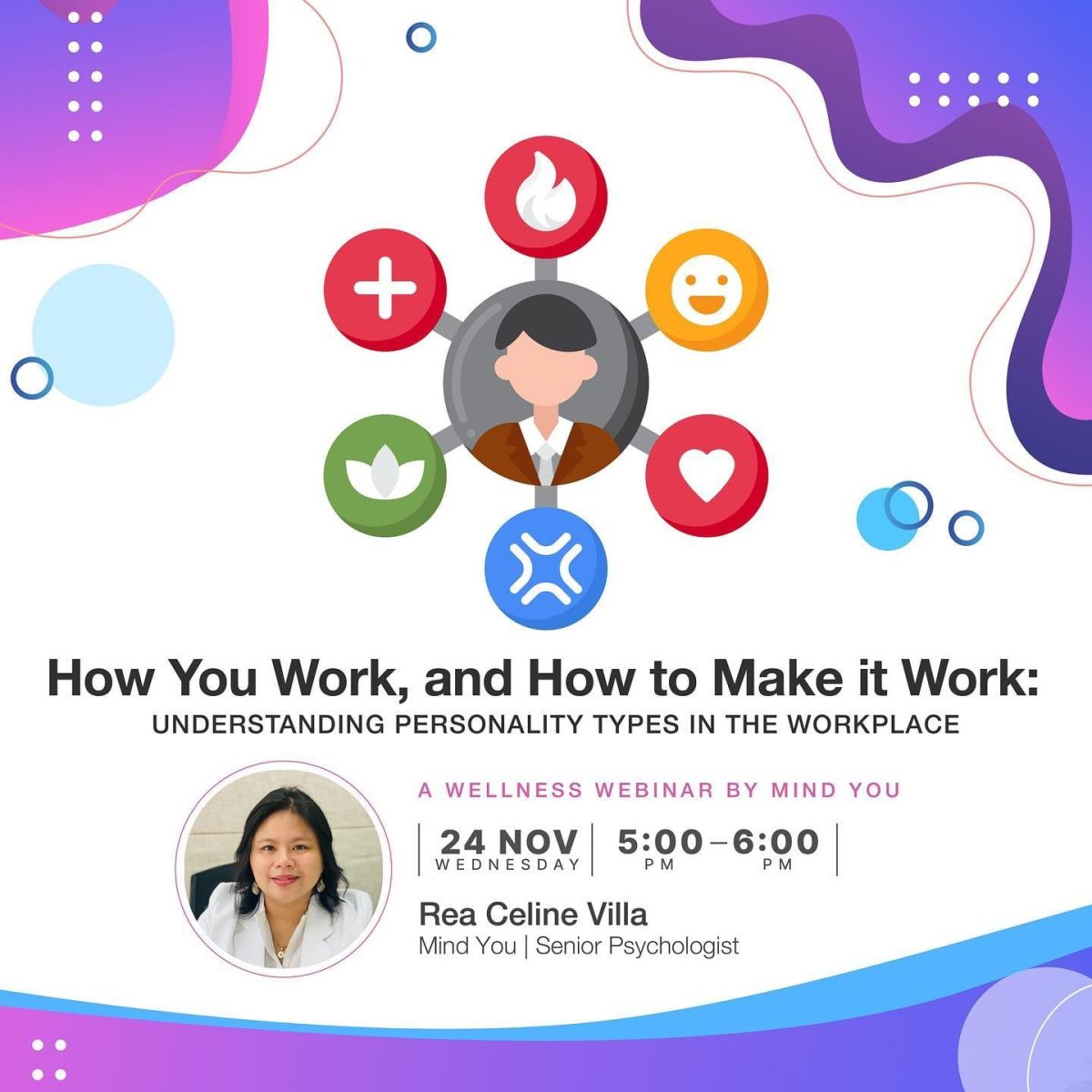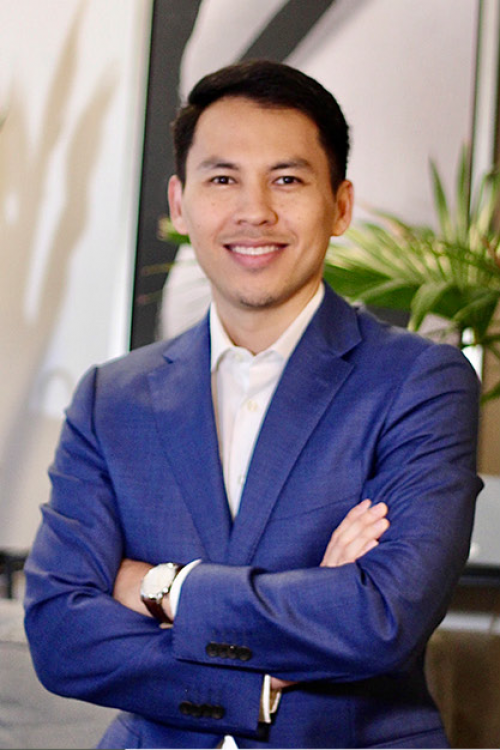Trying to stay on track at work can feel overwhelming at times. You feel as though you’re falling behind and can’t seem to get anything done. You find yourself staying late after work and skipping your lunch break when in reality, the extra hours don’t make much of a difference. In addition, working long hours can negatively impact your overall health.
Highly effective people (HEPs) rarely need to work extra hours to complete their tasks on time. Their secret? Working smarter, not longer. Here are habits you can pick up to become more highly effective:
1. Prioritize the Most Important Tasks
Trim the fat of your to-do list by completing the most important tasks first. The start of your shift is usually the best time to complete tasks as you’re more likely to be more alert and energetic.
2. Focus on the Task, and Less on the Time
When assigned a new project don’t think too much about how long it will actually take. Instead, think about what actually needs to get done and break it down into sub-projects. By starting a project with this mindset, the tasks will feel more manageable.
3. Communication is Key
What usually distinguishes HEPs from the rest is their ability to communicate and collaborate with their team and superiors. By improving your communication skills you’ll eliminate the chances of miscommunications or misunderstandings and avoid wasting precious time on a project.
4. Create a Routine to Automate Decisions
There’s a reason why some of the top CEOs, like Mark Zuckerberg, choose to wear the same outfit every day. Create a work uniform. Start meal prepping over the weekend. Automate decisions, so you can transfer the saved energy into your work.
5. Avoid Multi-tasking
If you have many things to do, go through them one at a time. Studies have shown that those who work on multiple tasks at the same time are less likely to perform well compared to participants who focus on one task at a time.
6. Manage Stress
While some work stress is inevitable, using your free time to relieve yourself from tension can boost your effectiveness when it’s time to head back to the desk. Some great stress relievers include exercising, meditation, spending time with friends and family, practicing a hobby, or even just walking in a park.
7. Let Joy Be Your Main Motivator
Whether it’s big or small, if you enjoy something then keep doing it. That being said, for every job there will always be a task or two that is less fun. But once you become aware of the things that bring you joy at work, volunteer to do them whenever you have the chance.
8. Attitude is Everything
A positive attitude can go a long way during the workday. A good attitude will help you set high standards for your work, make decisions easier and ensure that you’re taking responsibility for yourself and the team.
Here are ways to reinforce your ability to stay resilient when facing adversity.
Correct self-defeating behaviours. When we feel lonely, we sometimes act counterproductively by avoiding further social interactions to minimise the risk of feeling this way again. Take a moment to identify the excuses you make in social situations and challenge yourself to attend or initiate despite your fears. You can also make a list of people whose company you enjoy, and initiate plans to meet up with them.
Fail fast and learn faster. Failure can sometimes distort our perception of reality by making our goals seem further out of reach, which demotivates us from continuing to pursue them. Reorient your mind to acknowledge that everybody makes mistakes, and take this failure as an opportunity to learn and grow. Establish what you had under your control, such as your effort or preparation time, then identify how you can improve on these factors moving forward. Not only will this help you develop a more positive and productive attitude towards future roadblocks, but it will also increase your chances of success.
Do not dwell. When we make mistakes, we tend to turn the situation around in our heads and become very self-critical. While it is important to reflect in order to improve, catch yourself from spending too much time thinking about what happened and what could have been. You can do this by distracting yourself with an activity that requires concentration, such as doing brain teasers, reading educational articles, or watching light-hearted TV shows.
Understand rejection. Rejections have a way of making us feel undervalued and invalidated. For instance, you may feel dismissed by a social circle, or your application for a job did not progress to the next stage. While our friendship groups and careers form part of our identity, they do not define us entirely. Affirm yourself by listing down attributes and qualities that are important to you and that you believe you possess, your achievements, and hardships you have overcome.
Unload emotional baggage. We carry excessive guilt often because someone we care about has not yet forgiven us. A key ingredient to a sincere apology is empathy. When you apologise to someone, make sure you show that you understand how you made them feel. If your apology is sincere and they are still not ready to forgive you, know that this is something out of your control. Time and space heals all wounds, yet there will be times when the other party will not give you the closure you need, and you will need to learn how to do this for yourself. Practice self-forgiveness and self-betterment by acknowledging your shortcomings, identifying how to improve, and following through.



















